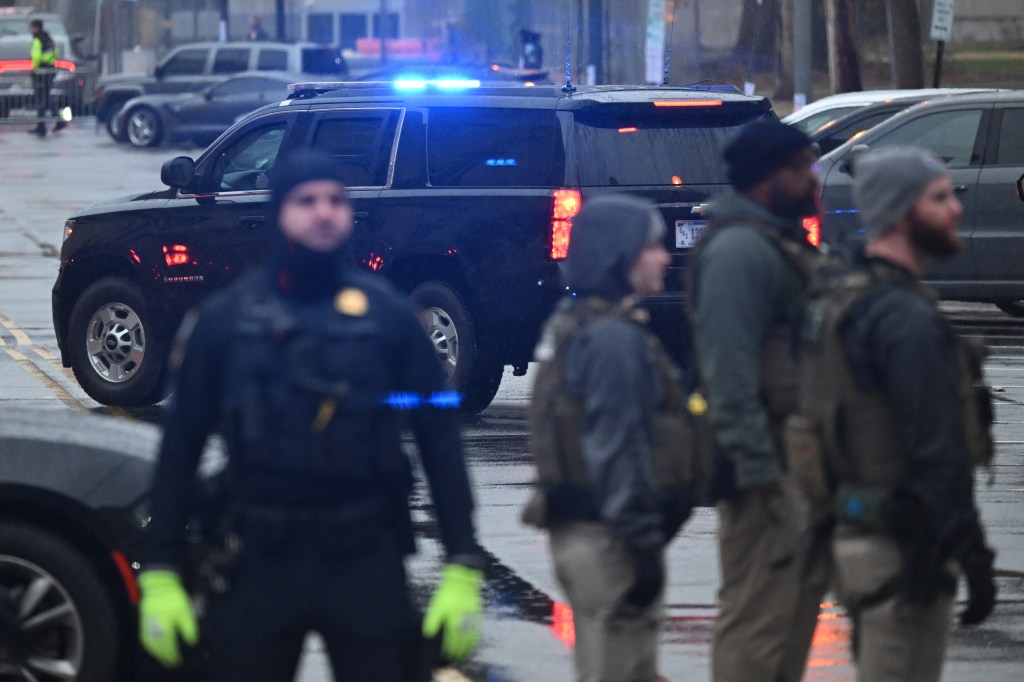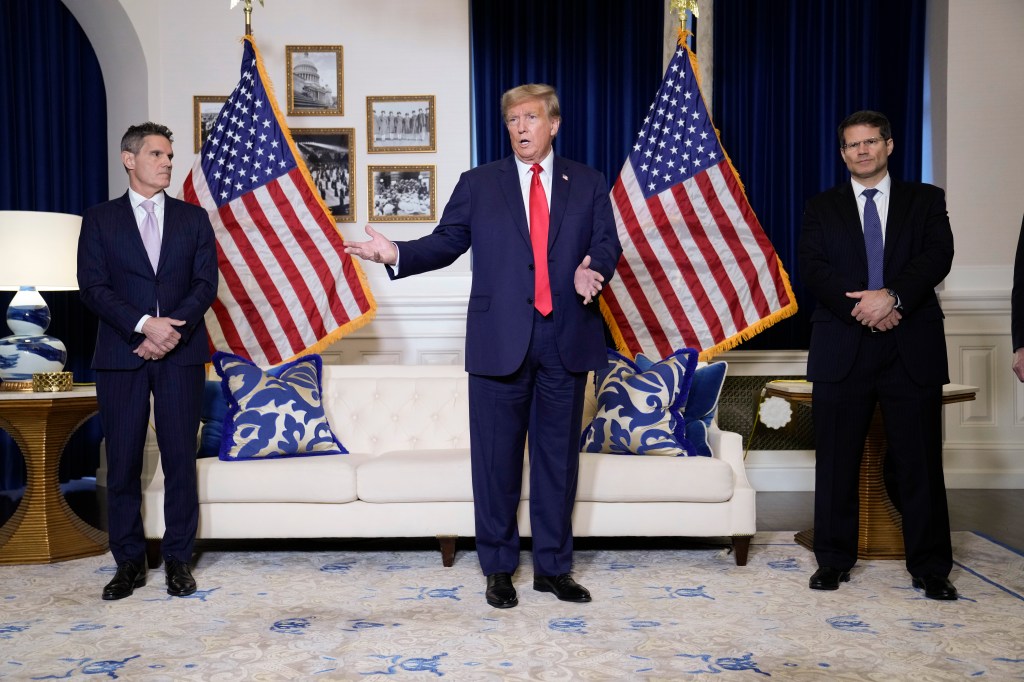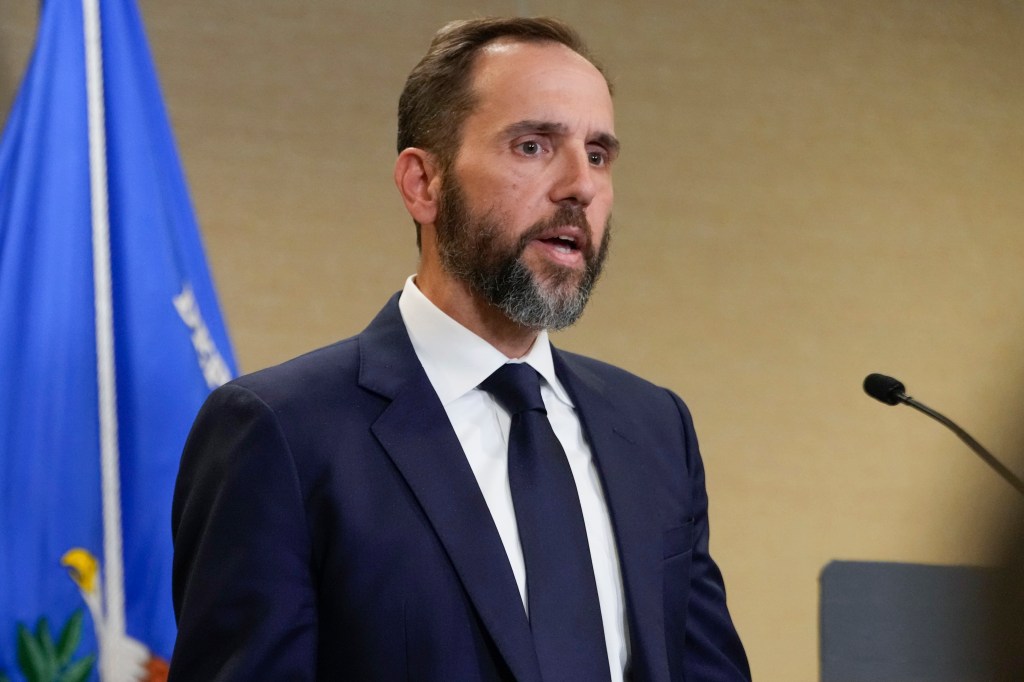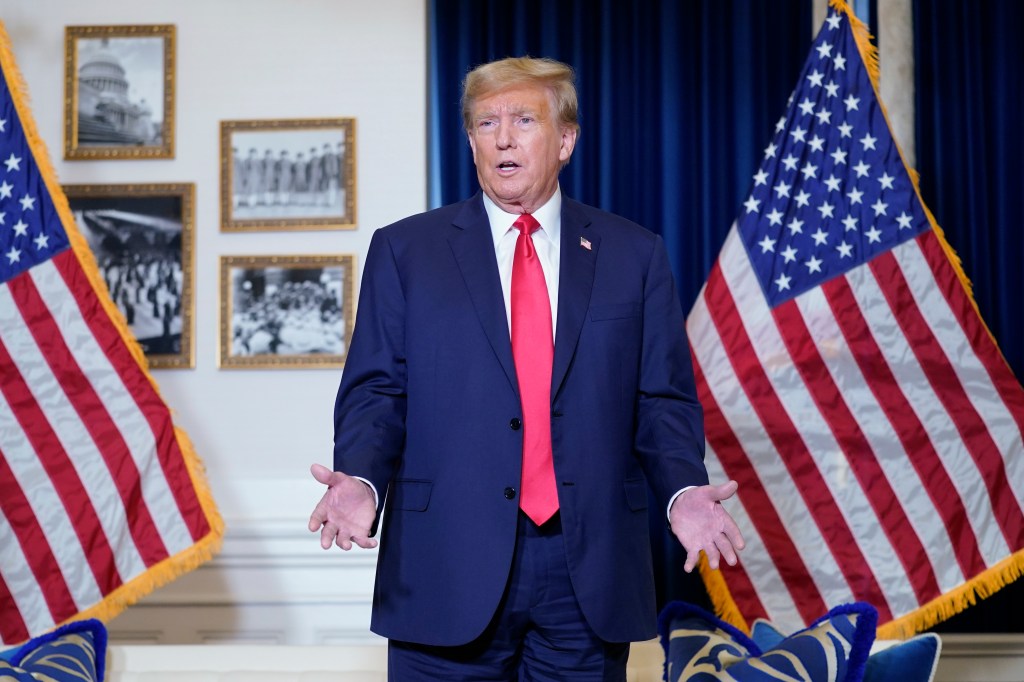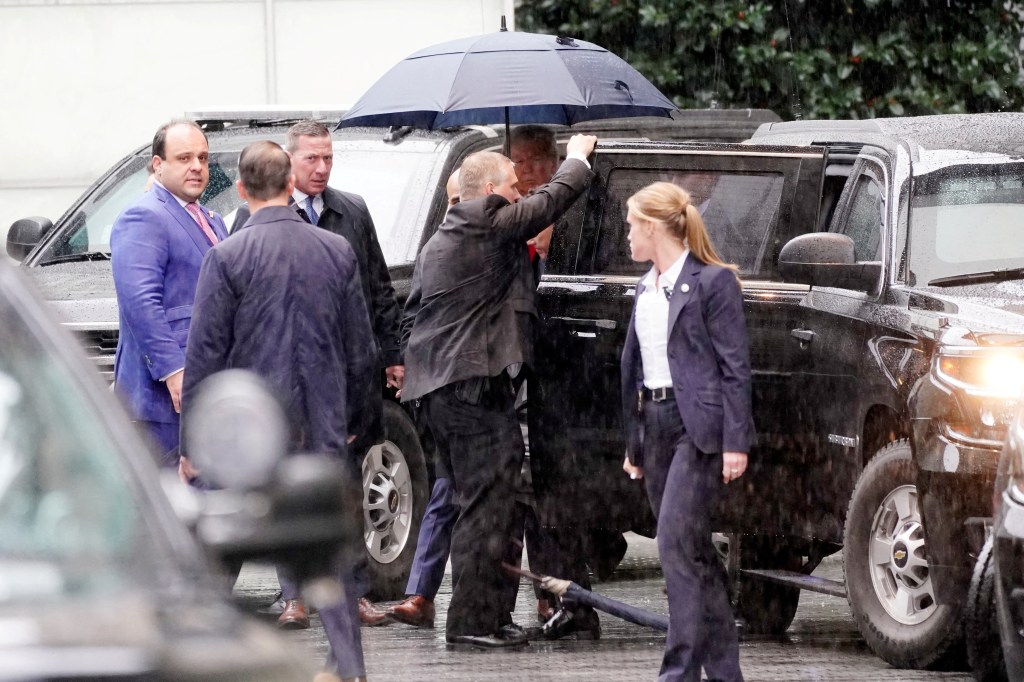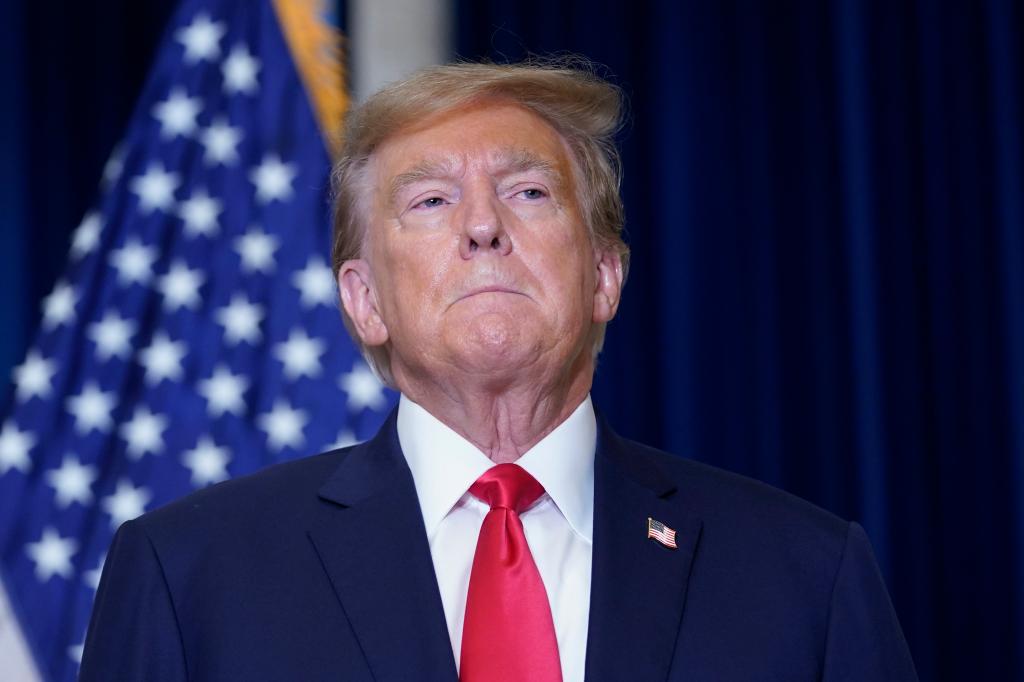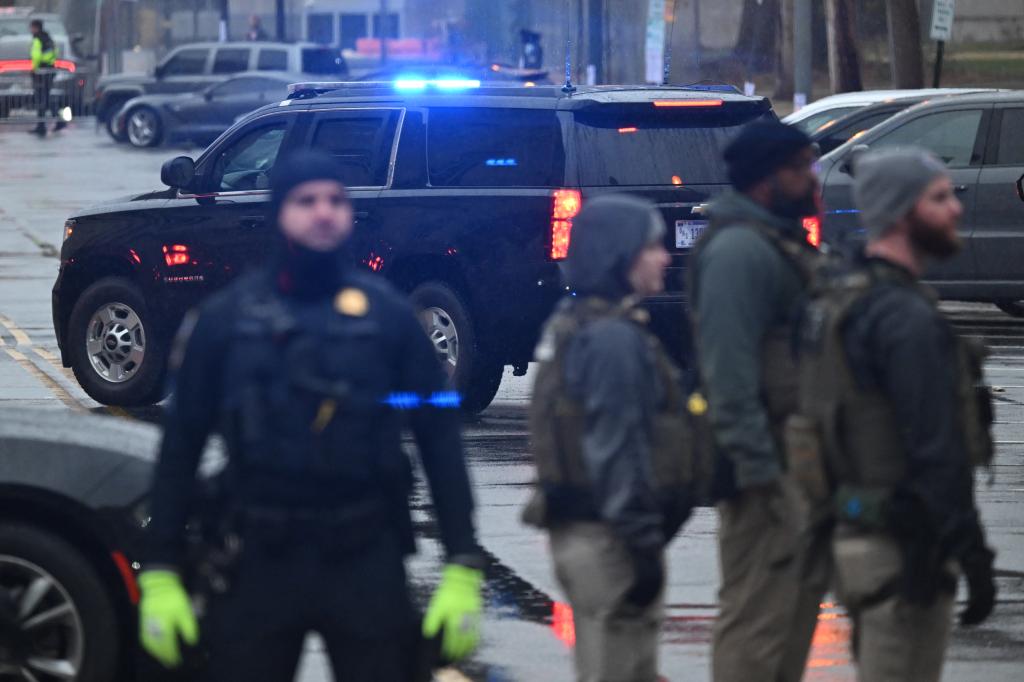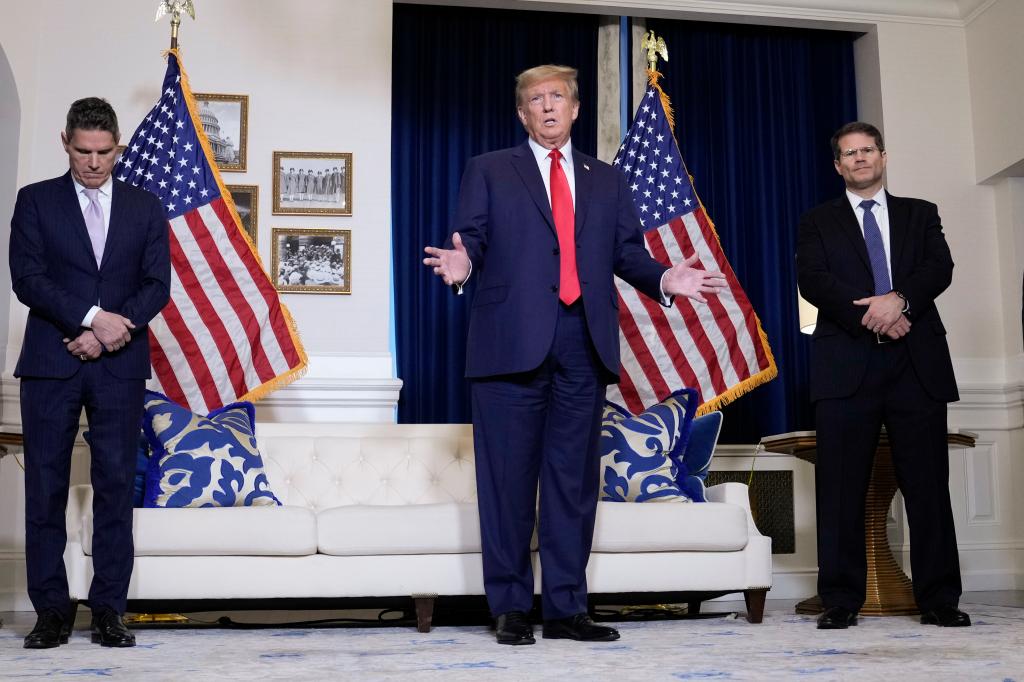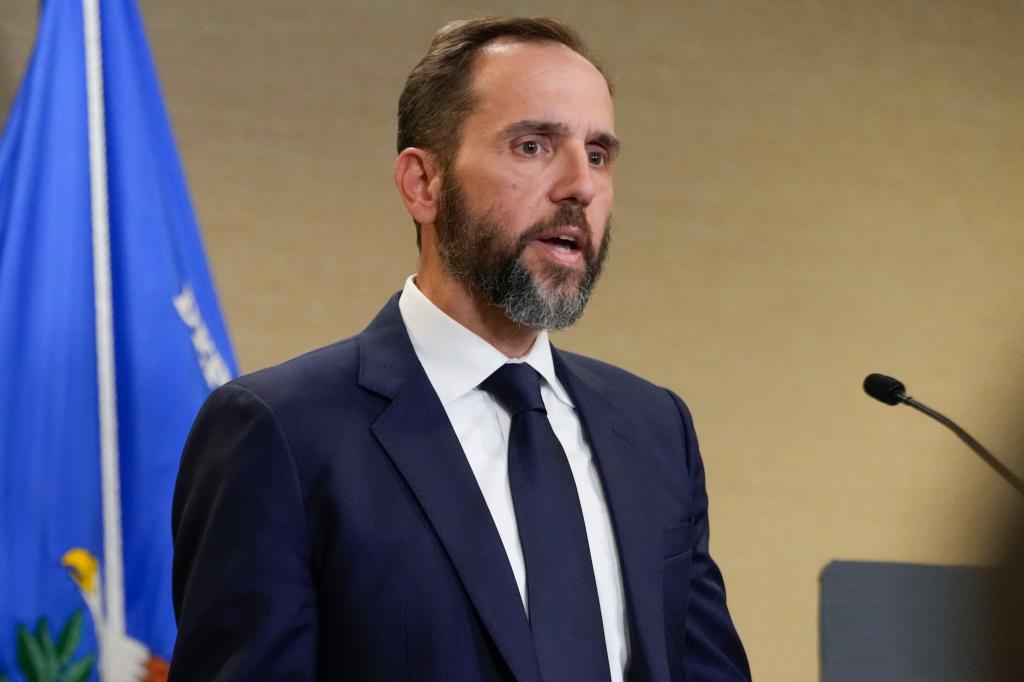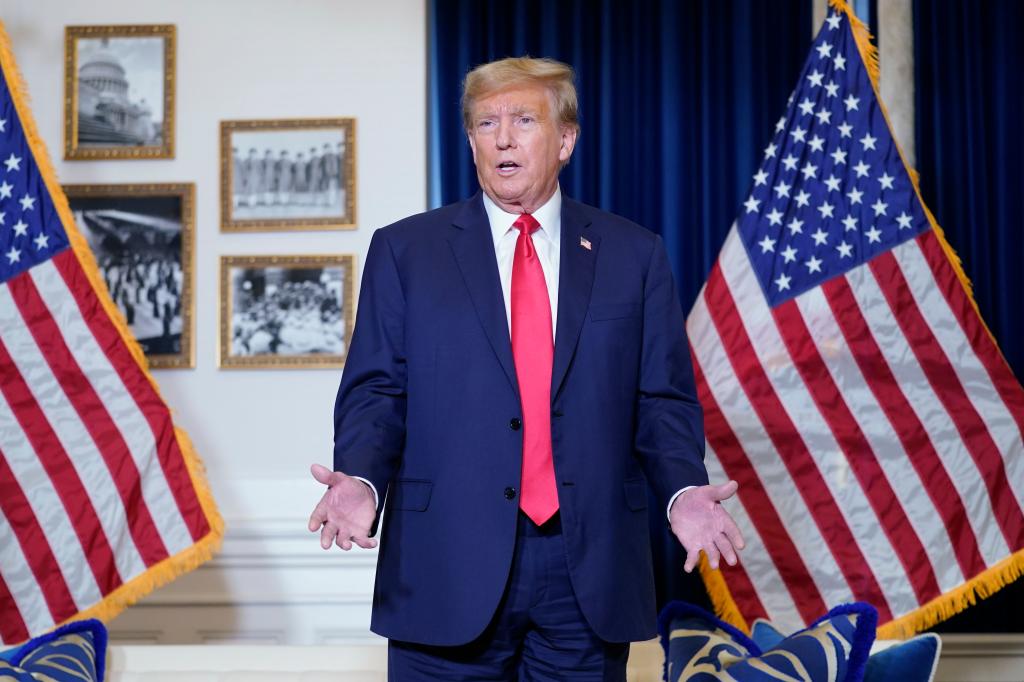Presidents can assassinate their rivals, Trump lawyers boldly suggest in DC immunity case
WASHINGTON — Donald Trump’s attorneys argued Tuesday that presidents can’t be convicted of a crime if not impeached first – but a panel of appellate judges seemed skeptical.
“Could a president who ordered SEAL Team 6 to assassinate a political rival (and is) not impeached, would he be subject to criminal prosecution?” asked Judge Florence Pan during a 90-minute hearing in the DC Circuit Court of Appeals.
“If he were impeached and convicted first,” Trump lawyer John Sauer answered as the 77-year-old former president looked on.
“So your answer is no,” Pan said, to which Sauer responded: “My answer is a qualified yes.”
Sauer claimed that the framers of the Constitution created presidential immunity to avoid “politically motivated prosecutions” and repeatedly argued that the only exception would have been if Trump had been impeached and removed from office first.
“What kind of world are we living in” if a president could use the state to assassinate a political rival and not be prosecuted for it, asked assistant special counsel James Pearce, arguing on behalf of special counsel Jack Smith.
Pearce also warned that it would be a “frightening future” if a president couldn’t be held accountable for crimes and said the sweeping presidential immunity that Sauer was suggesting would put a commander-in-chief “above the law.”
“He is not above the law,” Pearce said. “A former president enjoys no immunity from criminal prosecution.”
But Sauer fired back later in the hearing, saying: “The frightening future [Pearce] alleges where presidents are very very seldom, if ever, prosecuted because they have to be impeached and convicted first is the one we have lived under for the last 235 years.
“That’s not a frightening future. That’s our republic.”
The real estate tycoon entered the courtroom through a side door and looked straight ahead throughout the proceeding as his lawyer delivered the spirited arguments to the three-judge panel.
The appearance marked Trump’s first time returning to the courthouse since he was arraigned in August on four counts related to his attempts to remain in power after his 2020 election loss to Joe Biden.
Sauer opened his argument by dramatically claiming that if Trump is prosecuted for his official acts as president it would “open a Pandora’s box from which this nation may never recover.”
In civil cases, former presidents can invoke broad immunity if the allegations relate to actions they took as part of their official White House duties.
But Trump’s case enters into uncharted legal territory since no former president has ever been indicted before.
Smith’s office has argued there’s no bar against prosecutors charging someone who has been impeached and acquitted by Congress.
And Smith notes his office’s charges are different from the incitement of insurrection allegation on which the House of Representatives impeached Trump following the Jan. 6, 2021, Capitol riot.
Never Miss a Story
Sign up to get the best stories straight to your inbox.
Thanks for signing up!
The judges will issue a decision at a later date but the court previously indicated it plans to move the case along by having both sides file papers on an expedited schedule which included Saturday deadlines.
The criminal case against the 45th president is on hold until the issue of presidential immunity is decided and could result in the scheduled March 4 trial date getting pushed back, possibly until after the 2024 election.
DC federal Judge Tanya Chutkan — who is overseeing the trial — previously rejected Trump’s motion for presidential immunity, saying the seat of high office isn’t a “get-out-of-jail-free pass.”
After Trump’s team appealed, Smith lost a bid last month to have the Supreme Court rule on the matter in his effort to keep the current trial date.
The immunity ruling could have a ripple effect in the other cases against Trump.
The odds-on favorite for the Republican presidential nomination faces three other criminal cases and two other significant civil cases in three other states.
The embattled candidate is charged in New York with hiding hush money paid to Stormy Daniels to keep her quiet about her alleged affair with Trump while he was married to current wife, Melania Trump.
That case is slated for March 25.
He’s also charged with conspiring to illegally reverse Georgia 2020 election results and he’s accused in Florida federal court of hoarding troves of national security documents at his Mar-a-Lago home after he left office.
A decision is slated to come down later this month in New York Attorney General Letitia James’ civil fraud trial against Trump, the Trump Organization and others.
Trump could face $370 million in penalties in that case.
With Post wires









